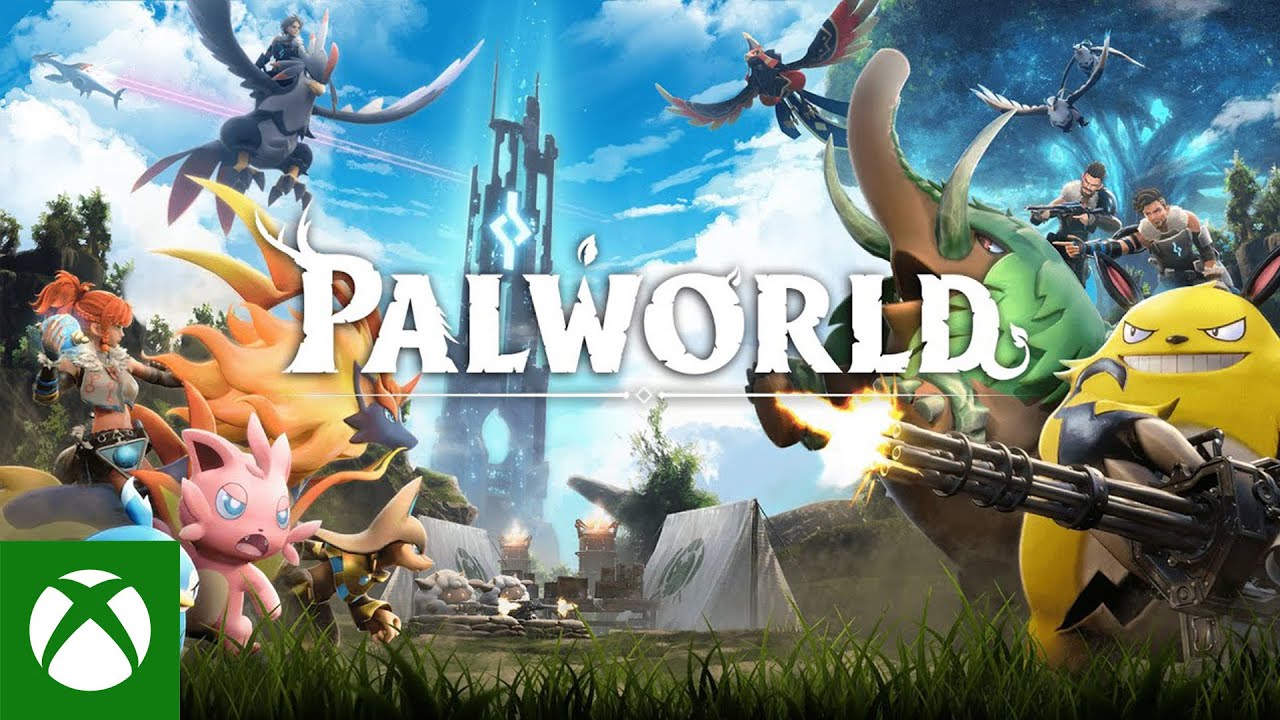Key Takeaways:
- Universes Beyond is now fully integrated into MTG’s Standard format, including Final Fantasy, with Spider-Man and Avatar on the way.
- Competitive players are now required to engage with outside IPs, regardless of personal interest.
- While Universes Beyond expands Magic’s audience, it risks diluting the identity that has defined the game for over 30 years.
In 2021, Wizards of the Coast introduced Universes Beyond, a crossover initiative that brought external intellectual properties (IPs) into Magic: The Gathering. Initially a fun, optional twist for casual formats, it has now grown into something much larger—and far more controversial—as it enters MTG’s most competitive battlefield: Standard.
Universes Beyond Now Legal in All Formats
Until recently, cards from Universes Beyond were kept out of Standard play to protect the integrity of the core Magic experience. Sets like The Walking Dead and Street Fighter were playable in “eternal” formats only, offering fans the option to engage—or not. But with June’s release of the Final Fantasy set, that line has officially been crossed. These crossover cards are now Standard-legal, making it mandatory for competitive players to learn, engage with, and adapt to mechanics and lore outside of Magic’s traditional multiverse.
Final Fantasy in Standard: A Turning Point
The Final Fantasy MTG set marks a historic shift. Beloved characters like Sephiroth are now featured in ranked ladder decks on Magic: The Gathering Arena. While many players appreciate the flavor and power of these cards, others are uncomfortable being forced to use or counter cards from an IP they have no interest in. What was once a voluntary engagement is now unavoidable for anyone serious about Standard competition.
More IPs Incoming: Spider-Man and Avatar on Deck
With 50% of MTG’s 2025 release slate comprised of Universes Beyond sets, the momentum is clear. Next up are Spider-Man and Avatar: The Last Airbender—both headed straight into Standard’s legal card pool. While this helps MTG tap into broader fan bases, longtime players worry about dilution. Standard has historically served as the purest form of the game, with a rotating card pool and a consistent tone. That balance now risks being upset by outside franchises with their own visual styles, mechanics, and fan expectations.
Also read: With 50% of MTG’s 2025 release slate comprised of Universes Beyond sets, the momentum is clear. Next up are Spider-Man and Avatar: The Last Airbender—both headed straight into Standard’s legal card pool. While this helps MTG tap into broader fan bases, longtime players worry about dilution. Standard has historically served as the purest form of the game, with a rotating card pool and a consistent tone. That balance now risks being upset by outside franchises with their own visual styles, mechanics, and fan expectations.
Also read: Squid Game 3 Breaks Netflix Record with 106.3M Views, Sets Stage for David Fincher’s U.S. Series
A Loss of Identity or a New Era?
Magic has always embraced experimentation, from steampunk planes to Wild West worlds like Outlaws of Thunder Junction. But those were internal expansions of Magic’s own lore and tone. Universes Beyond is something different—external IPs coming with their own baggage. For players uninterested in these IPs, it feels less like fun variety and more like mandatory consumption.
Disclaimer: The information in this article is for general purposes only and does not constitute financial advice. The author’s views are personal and may not reflect the views of GameDegen.com. Before making any investment decisions, you should always conduct your own research. GameDegen.com is not responsible for any financial losses.




